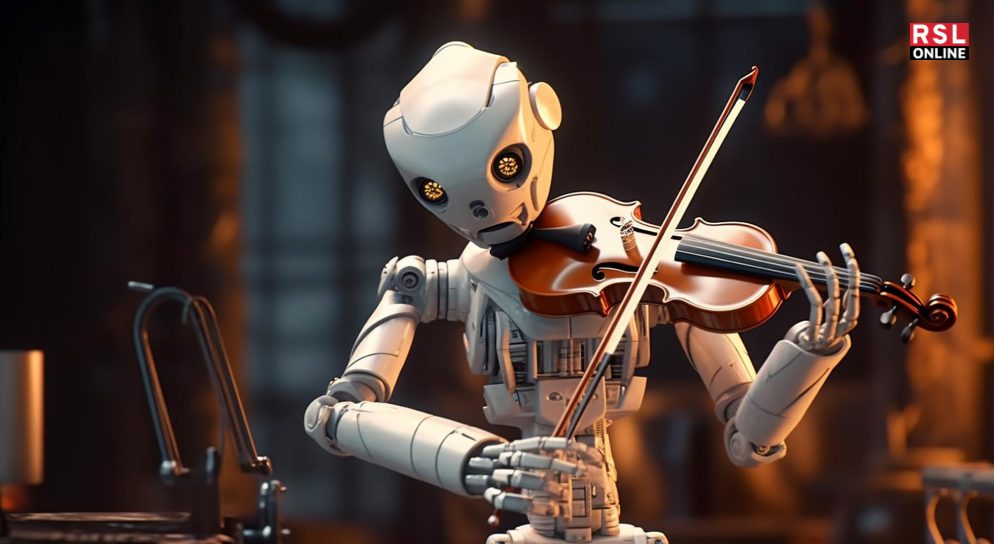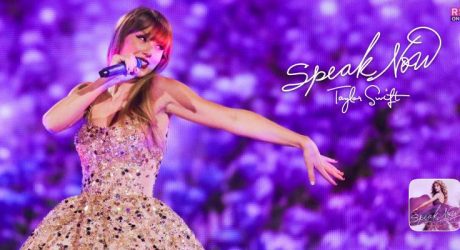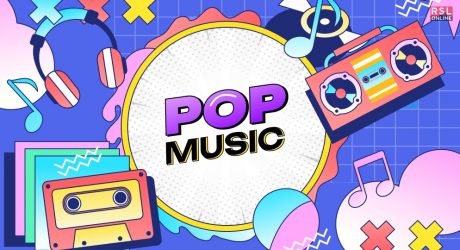In recent years, there has been a lot of buzz regarding the various developments in AI. With experienced professionals losing their jobs to AI, people have started asking questions about different fields and professions. For instance, “Will AI replace musicians?”
AI, or Artificial Intelligence, is the field of computer science in which computers are made to think like humans. Nowadays, people use AI to revolutionize work in almost all spheres.
In several cases, we have seen that artists often use AI for tasks related to music creation. And that raises the concern for most people. Is it going to come after our jobs as well?
I love listening to music. And somehow, I cannot imagine a world where this life-saving graceful art is created using AI. However, I recently came across several articles discussing AI-generated music and its applications.
If you are like me, you do not have to research, so you don’t have to do it! So, keep on reading until the end to learn more…
AI-Generated Music: is it Happening?
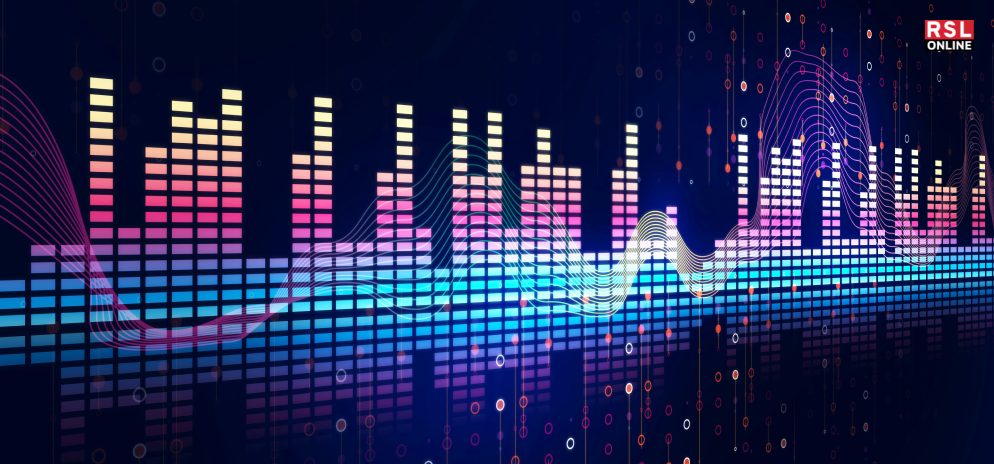
Just as the name suggests, AI Music is something that is generated by Artificial Intelligence and not real musicians and composers.
When I first heard about this, it shocked me. I mean, how is THIS possible?
However, I should have been ready to hear something like this in the first place. After all, the news of the Official Tokyo 2020 Beat for the Olympics had created a huge impact worldwide.
The fact that Intel AI had successfully created music with artificial intelligence was something that most of us could not have thought of.
How is it done? Computer engineers use machine learning to understand the patterns and style of music and the sounds. This is how they start to generate music through AI.
After analyzing a vast amount of music and its data, it learns from the existing signs about rhythm, melody, structure, and harmony.
In layman’s terms, the music generation process with AI’s help is very similar to a chef learning new recipes.
When it comes to the AI music generation, there are ways in which people can also create or imitate singing voices, even though they might sound a little robotic.
Many music creators have started using AI music to implement them in their work. For instance, even if AI-generated songs cannot be the leading track for your upcoming movie, you can at least use them as background music for games and other videos.
Considering that music is art, the blend of creativity with technology has ensured that humans and robots can coexist here. However, even though that is the case, many people are worried about whether this will cause them to lose their jobs.
“Heart on My Sleeve” Shook The Music Industry
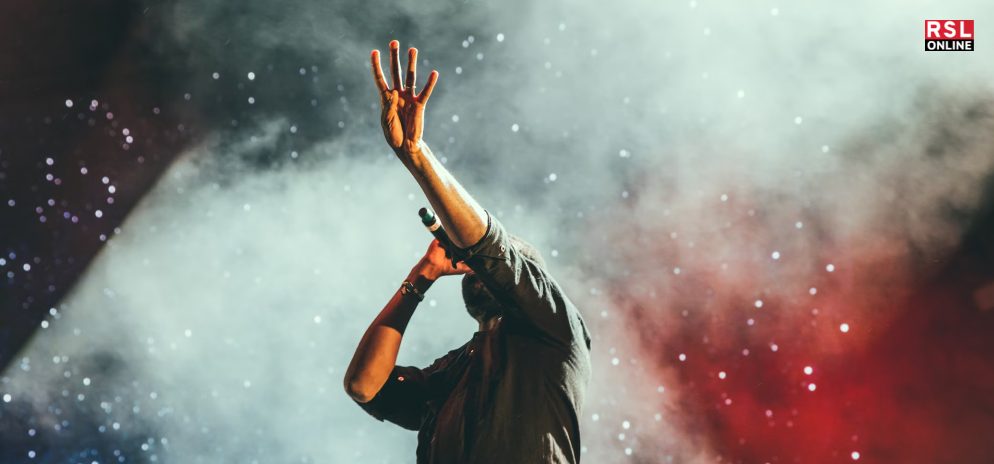
Last year, in 2023, the AI created a song with fake Drake, and The Weeknd rattled the music world.
This was something that no one could have thought about. After all, how it is possible that AI could mimic the voice of the singers so well to sing a song?
To give you the tea in short, in case you have no idea about it, in 2023, an account with the username Ghostwriter released a song called “Heart on My Sleeve” on several music streaming platforms with the voices of Drake and The Weeknd.
However, they did not sing the song. Rather, it was created (almost entirely) by AI.
While the owner took the song down after the artists and their label complained about the work, it gave rise to a serious debate in the music industry and among those who love to listen to music.
Indeed, the song was not more than a minor nuisance for the artists. However, it was nothing short of a foreshadowing of all the trouble that would/could occur when technology stepped foot in the mainstream consciousness of both consumers and creators.
Current Applications of AI in Music
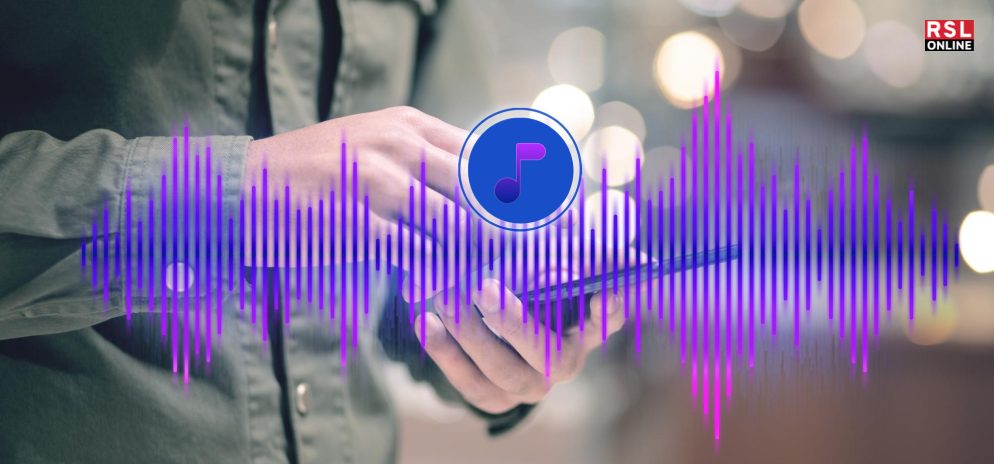
In 2020, OpenAI introduced Jukebox. They called it a “neural net that generates music including rudimentary singing, as raw audio in a variety of genres and artist styles.”
This is just one of the many AI music generators that are available online.
Because making music has become so convenient with the help of AI for most people, its application has also spread to different fields in society.
Here are some of the things that you need to know about the current applications of Artificial Intelligence in music and the music industry:
1. Revolutionizing Production
It used to be like making a cake from scratch when you made music. These days, however, AI tools are akin to a magical cookbook.
With apps like Boomy, you may select an instrumental genre (such as Global Groove or Rap Beats), and in seconds, you can produce instrumental music. Then, you may make adjustments, record your voice, and voila! A tune emerges.
Think of AI as your musical inspiration, guiding you when you’re having writer’s block.
2. Getting Stems
Have you ever wondered how people compose music? AI, however, can analyze them like an inquisitive scientist. It separates songs into their constituent stems.
These include guitar, drums, vocals, and more, much like Lego components for music. Therefore, AI can provide individual stems for remixing or creating song covers.
3. AI-Generated Music
Imagine an AI composer writing music while seated at a digital piano. With user prompts, AI can compose whole songs. It’s similar to having an industrious songwriting friend. And no, it may sound quite good; it’s not just random noise!
4. Mixing and Mastering Magic
Mastering and mixing are similar to the magic ingredient that gives songs a polished tone. AI-driven apps tweak the sound, modify loudness, and analyze your tunes. It is comparable to having an online sound designer. Your bedroom tape can, therefore, sound ready for the air.
5. Vocal Synthesis
Do you recall those outdated text-to-speech voices? Indeed, AI is also capable of singing! It clones voices; it’s like having a digital double of yourself. Without paying a singer, you may produce vocals that are convincingly human.
Impact on The Music Industry
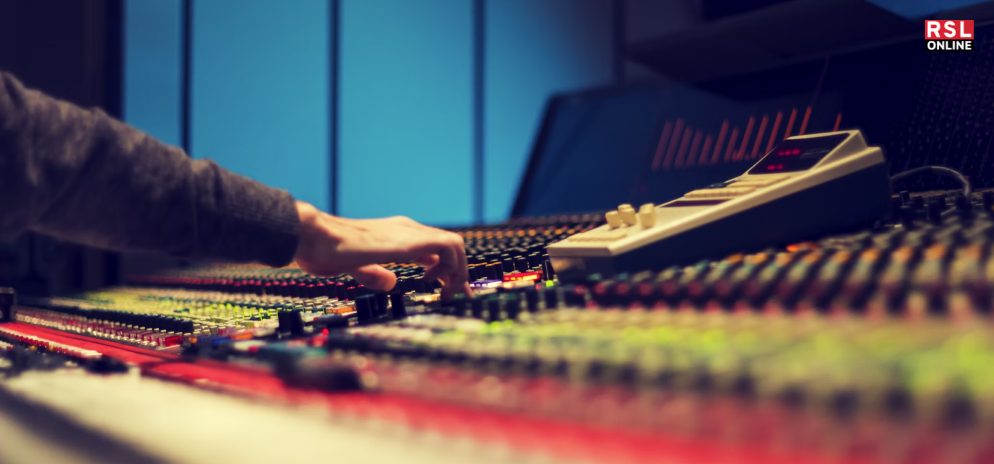
The blend of technology and music is nothing new. Singers and producers have been using Auto-Tune for years.
While some people might think that the use of AI-generated music might be limited to non-relational music, used in contexts like elevators and stores (simply for their convenience and low-cost factor), there might be other impacts that you can try to keep in mind.
Musicians are already using AI in a variety of ways, most of which we consider as neutral or benign. It was used by the surviving Beatles to rescue John Lennon’s vocals from a grainy, low-fidelity tape from the 1970s, allowing them to add their parts and finish the song “Now and Then.”
According to Nashville singer-songwriter Mary Bragg, some of her colleagues in the industry use ChatGPT as a writing block cure.
But as the attempts have gotten closer to their soundalike goals, the threat of AI-generated music has grown more menacing, particularly when mimicking or cloning well-known voices.
The sound of someone reciting Shakespeare on YouTube, complete with Jay-Z’s imperious, smooth flow, gave rise to the popularity of deepfake technology.
Similarly, the dark, sultry hit “Heart on My Sleeve” on TikTok led to rumors that Drake and The Weeknd were working together, though it was soon established that neither artist was involved.
When things were serious enough, the record labels representing all three celebrities asked that the content be removed. (In a hilarious turn of events, Drake unveiled his AI prank, using Snoop Dogg and 2Pac’s deepfake vocals to create a diss track in his ongoing conflict with Kendrick Lamar.)
Ai Will Replace Musicians? Limitations of AI in Music
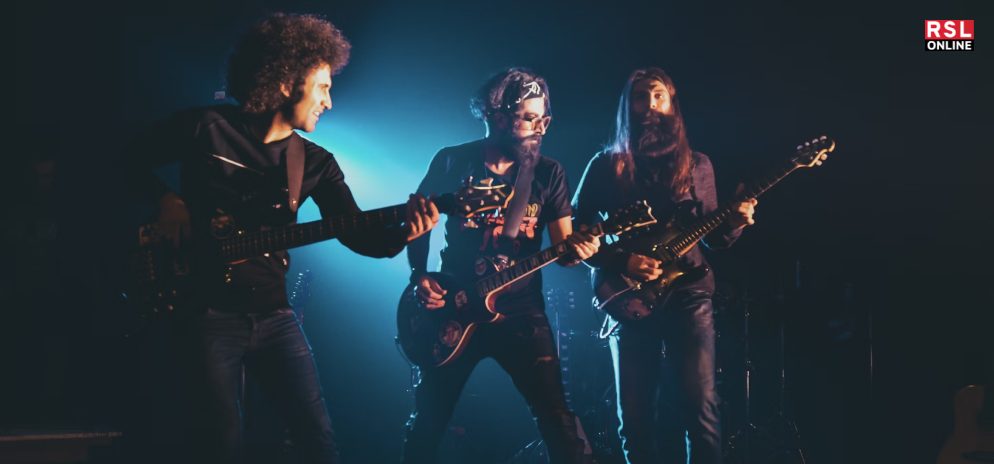
While AI can replicate artistic results, there is one thing that you cannot forget. For instance, it cannot convey genuine human emotions and experiences. Which is something that NEEDS to be in a song.
Additionally, when it comes to a song or a singer of your preference, there is one thing that makes the connection or the listening experience unique. This connection between artists and their audience is completely based on personal stories and emotions
Now, no matter what happens, a robot or AI cannot simply replace and/or replicate it.
This is one of the main reasons why AI can’t replace musicians.
1. AI Cannot Replace Creativity
To generate fresh text, video, audio, or photo material, generative AI models process enormous volumes of training data using a variety of complex methods. AI chatbots can reply to user requests in this way.
It would be challenging to create an algorithm that could mimic human creativity, though, as we now only have a limited grasp of the process.
Chief technology officer at Lemurian Labs Theo Omtzigt states, “If we do not have a mathematical understanding or a scientific understanding of what creates consciousness or creativity, we have no mechanism to instill it in an artificial system.”
2. People and Their Connection
Artificial intelligence is capable of mimicking human voices and singing. However, we still require human intellect to convey feelings through song.
If you examine the data that led all streaming services, you will see a pattern. Their music is catchy, and their lyrics are relevant. Furthermore, AI could not have made it possible.
Despite the various musical genres available, such as pop, rock, jazz, blues, hip hop, country music, and a plethora of other styles and types of music. Humans created all of these because they were necessary at the time.
Because AI is constrained by its programming, it cannot create memorable songs like lyricists and composers who draw inspiration from real-life experiences.
Conclusion
AI’s role in music creation is indeed expanding rapidly, raising questions about the future of human musicians.
While AI offers efficiency and innovation, the essence of music as a form of human expression and communication remains a distinct feature of human musicianship.
If your hair has been turning gray, and you wonder if AI will replace musicians, I will tell you one thing: the day will never come.
If you have any questions about the same, please feel free to let me know. All you need to do is scroll down until you reach the bottom of the page. Then, leave your comments and suggestions in the box below. I will be there to answer them all for you!
Read More:

















